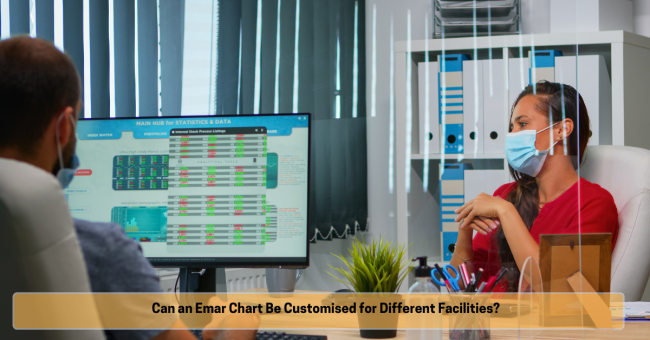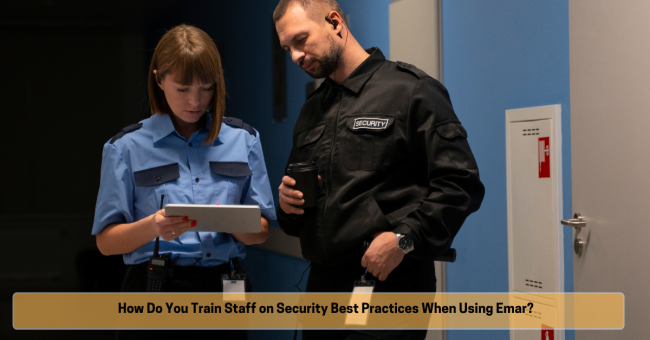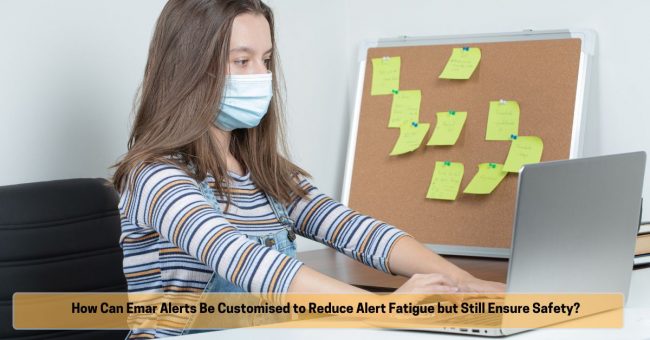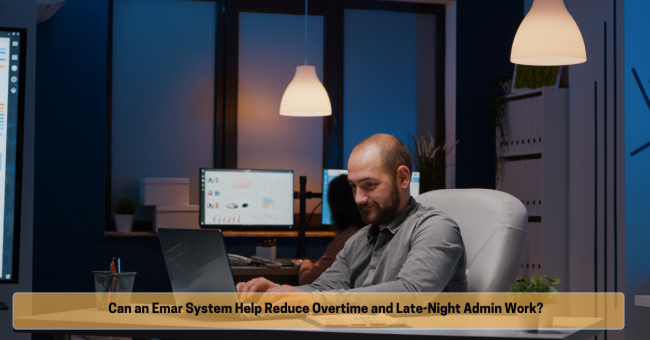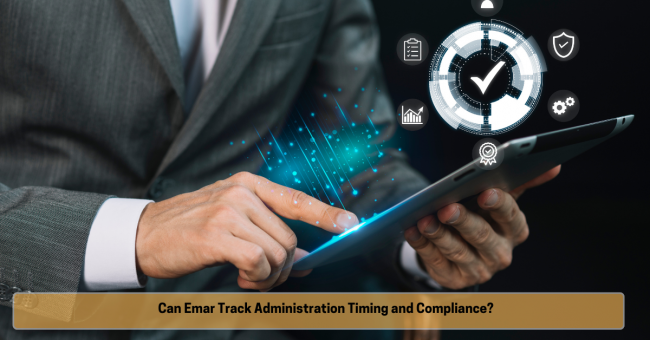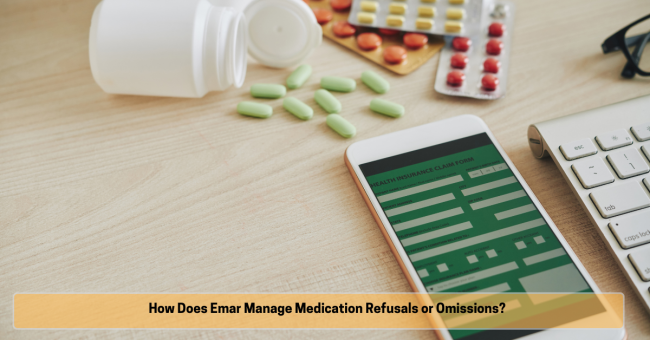Can an Emar Chart Be Customised for Different Facilities?
Switching from paper medication charts to an electronic Medication Administration Record (eMAR) system can feel like a big step. But for many care homes across the UK, it’s a step worth taking. eMAR systems help improve safety, save time, and reduce errors. One common question care home managers ask is: Can the eMAR system be…

